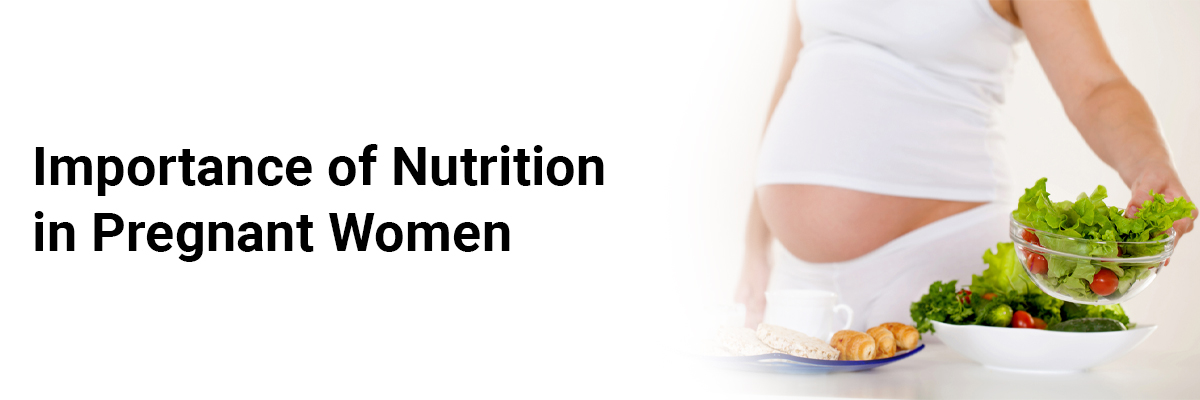
 IJCP Editorial Team
IJCP Editorial Team
Importance of nutrition in pregnant women
Women have distinct nutritional needs throughout their life. During pregnancy and breastfeeding, energy and nutrient needs increase. But in many parts of the world, the nutritional status of women is unacceptably poor. The importance and complexities of nutrition during pregnancy must be recognized because it is a state of greater nutritional vulnerability than other stages of a woman's life. It also underpins her fetus's health and nutritional status, determining, to a large extent, future health in adulthood. As a result, women's food intake during pregnancy necessitates a reconsideration of health and nutrition throughout the pregestational, gestational, and breastfeeding continuums. The first half of gestation is typically an anabolic phase, when the mother's body adapts to build significant energy stores through fatty acids and protein, and is followed by a catabolic phase, when maternal energy stores are mobilized to reach the fetus through the placenta, to ensure adequate fetal growth. Micronutrients are also in high demand during this initial phase, particularly folic acid (essential for "one-carbon metabolism," a precursor of the nucleic acids needed for cell replication), iron (needed for the synthesis of several proteins, including hemoglobin, which is crucial for oxygen transport and, consequently, cellular respiration), and calcium (essential for bone development and intracellular communication). Due to the high physiological demands of adequate diet and nutrition during pregnancy, the appropriate supplementation of the three micronutrients mentioned above is required during this phase. The pool of macro and micronutrients is necessary to support the countless cell replication and differentiation reactions. These ensure the optimum fetal growth and development along with the physiological substrates. The nutritional status of the pregnant woman has a significant impact on several issues, including intrauterine growth retardation, excess or low birthweight, neonatal and maternal morbidity, mortality, and complications during delivery. Adequate diet during pregnancy contributes to preventing these issues.
When considering the magnitude of diet in women, more comprehensive actions should be taken to prepare and protect the female population in the face of this triple nutritional and dietary challenge. Therefore, one of the key actions to promote as part of public policy guidelines on the pregnant population is constant monitoring of their nutritional status. Nutritional status during pregnancy should be one of the most important goals of health services. Maintaining optimal nutritional quality directly protects the baby's growth, development, and health. Health promotion in women during pregnancy and breastfeeding is an important measure for the prevention of diet-related malnutrition and non-transmissible chronic disease. All current comprehensive pregnancy care programs must place a high priority on educating expectant families about the adoption of culturally appropriate healthy lifestyles and healthy dietary practices that contribute to the prevention of malnutrition and non-transmissible chronic diseases in pregnant women, breastfeeding mothers, and children under two years of age to ensure optimal nutrition for a significant portion of the global population.
Del
Castillo-Matamoros SE, et al. Rev Colomb Obstet Ginecol.
2021 Dec 30;72(4):339-345.

IJCP Editorial Team
Comprising seasoned professionals and experts from the medical field, the IJCP editorial team is dedicated to delivering timely and accurate content and thriving to provide attention-grabbing information for the readers. What sets them apart are their diverse expertise, spanning academia, research, and clinical practice, and their dedication to upholding the highest standards of quality and integrity. With a wealth of experience and a commitment to excellence, the IJCP editorial team strives to provide valuable perspectives, the latest trends, and in-depth analyses across various medical domains, all in a way that keeps you interested and engaged.





















Please login to comment on this article